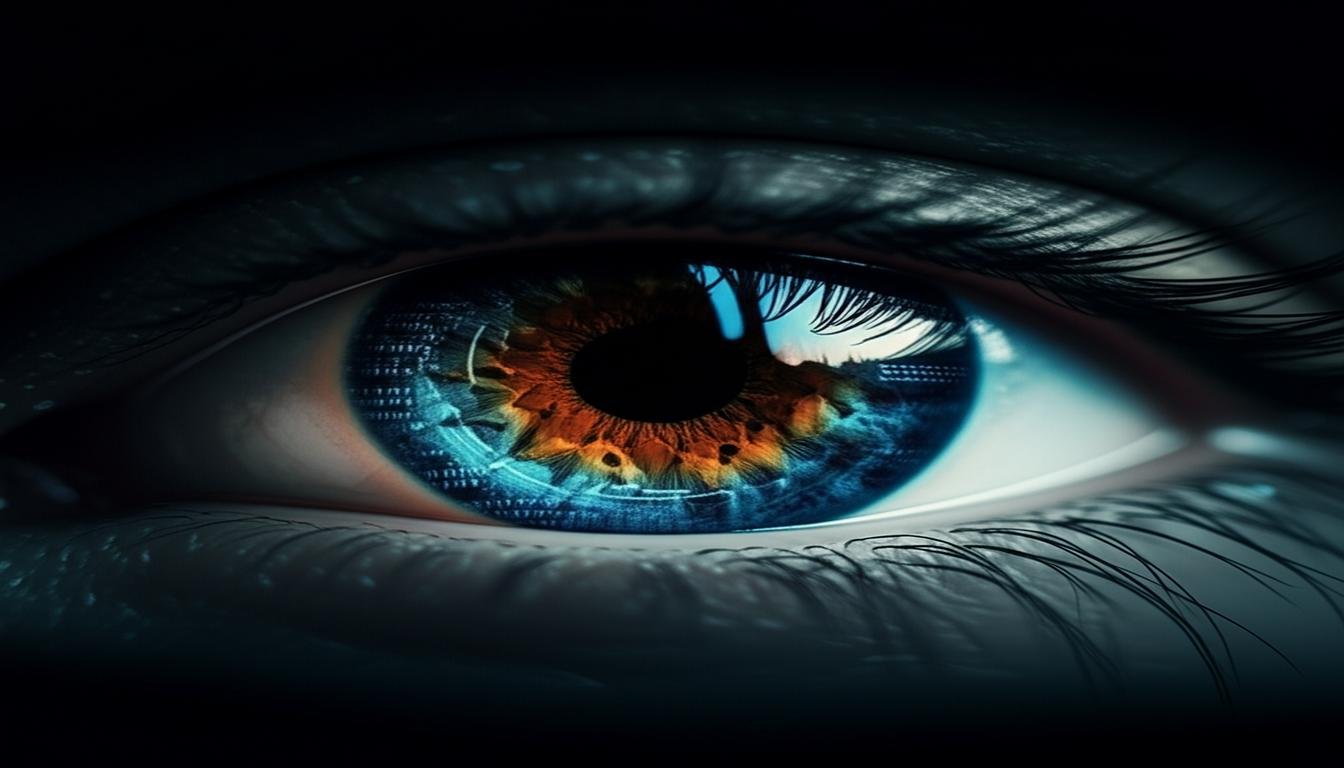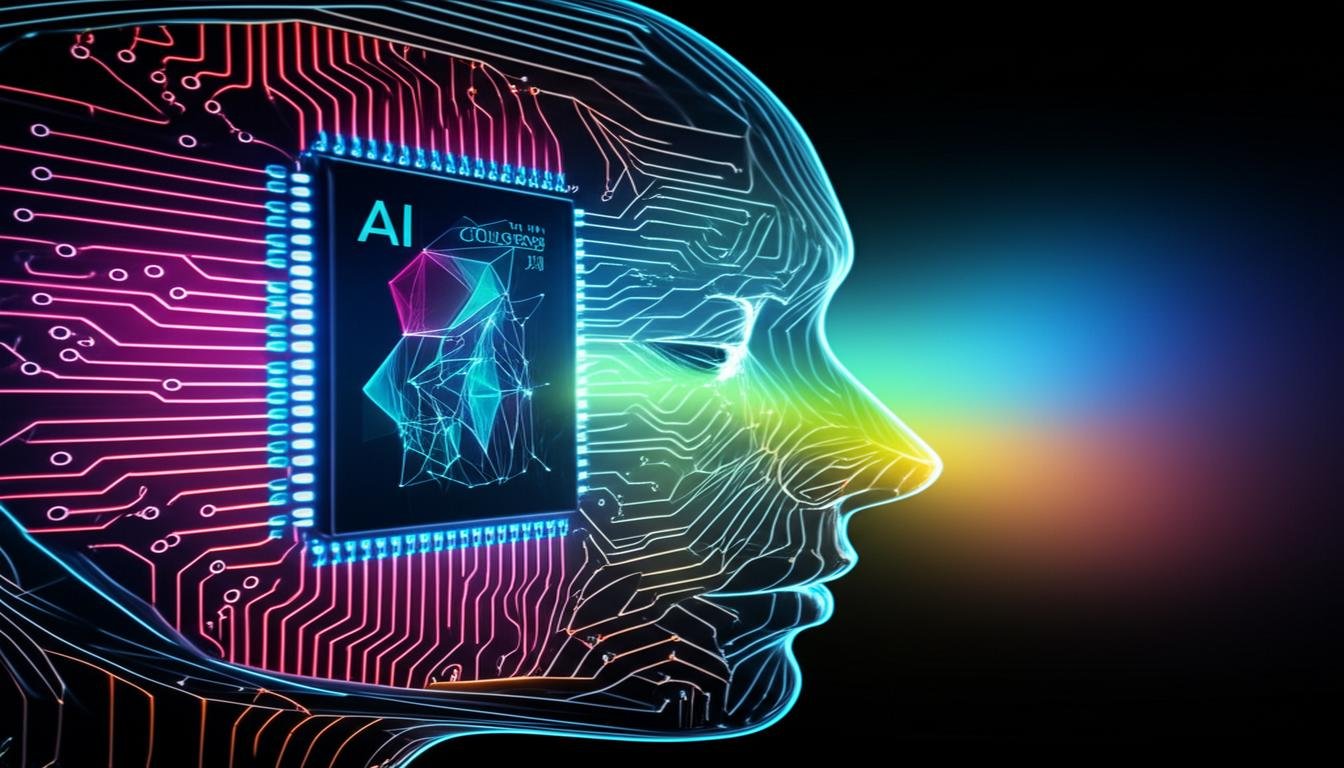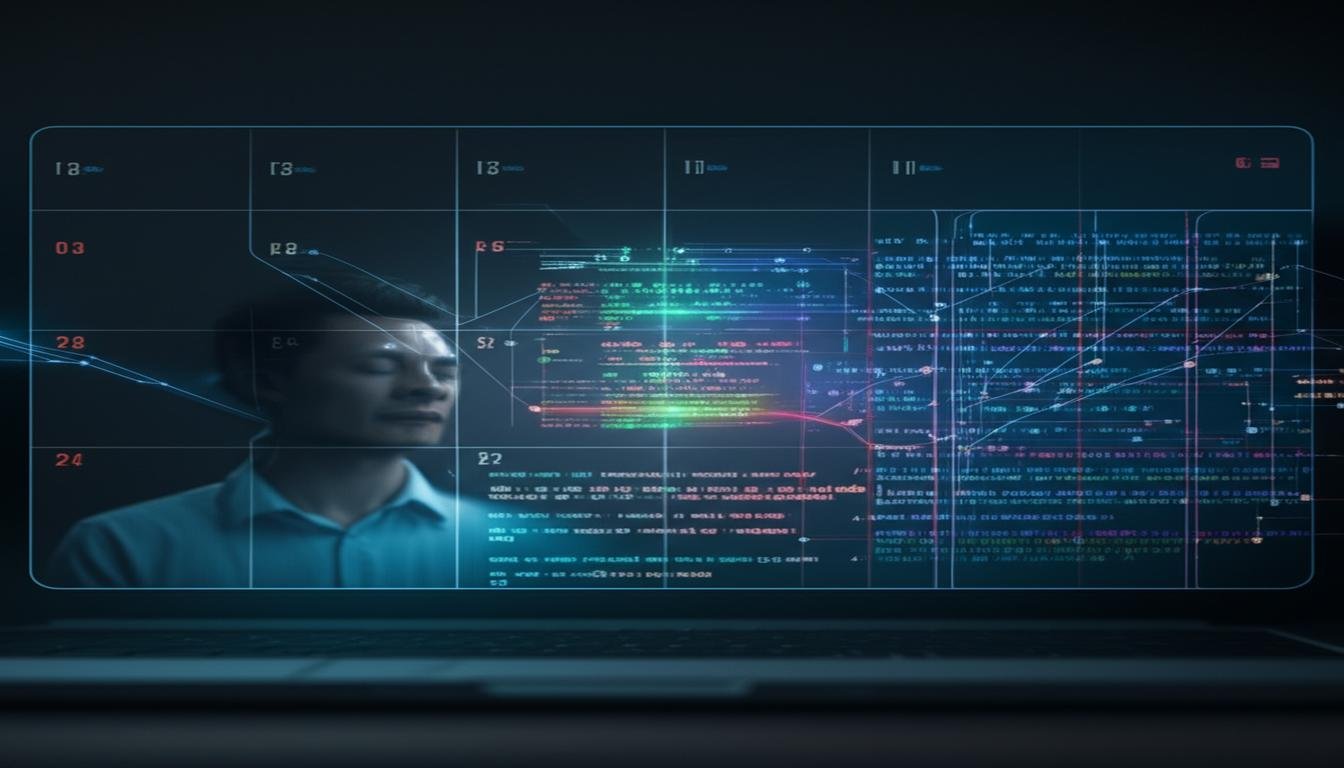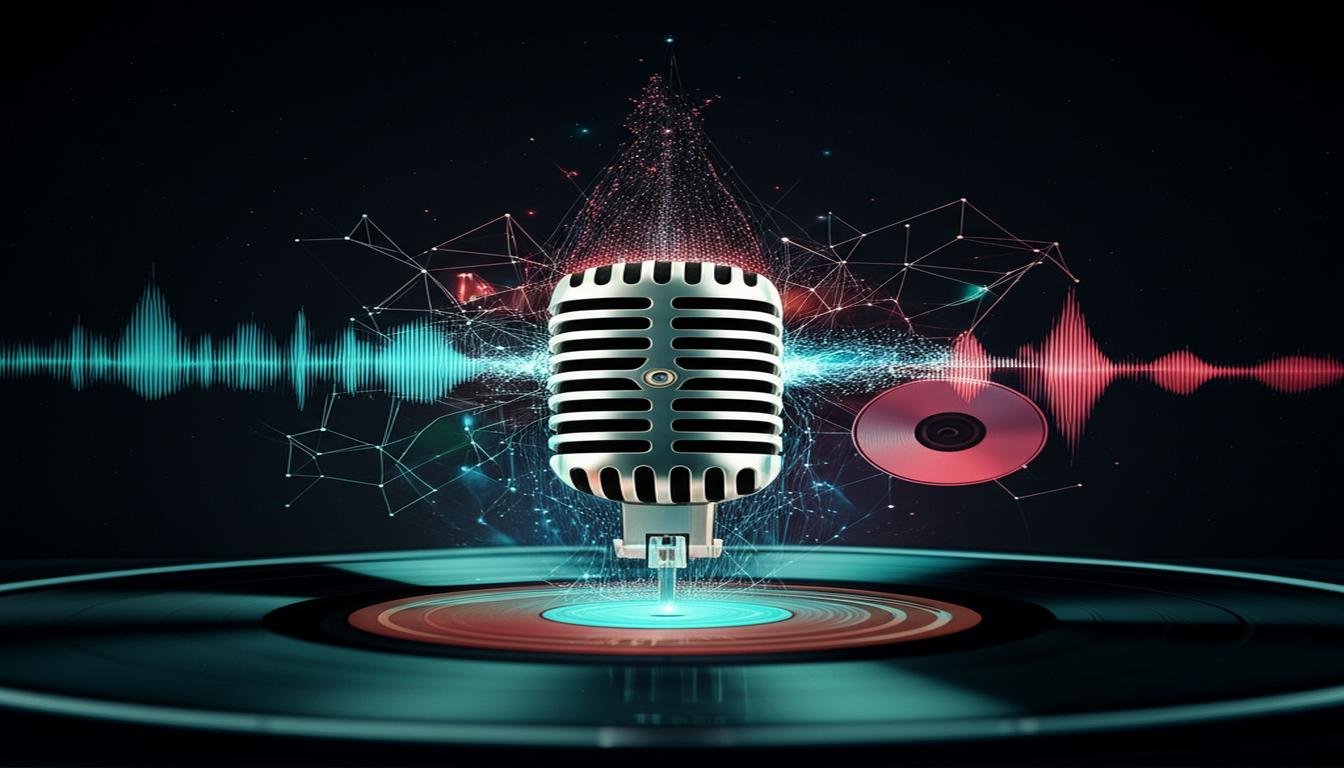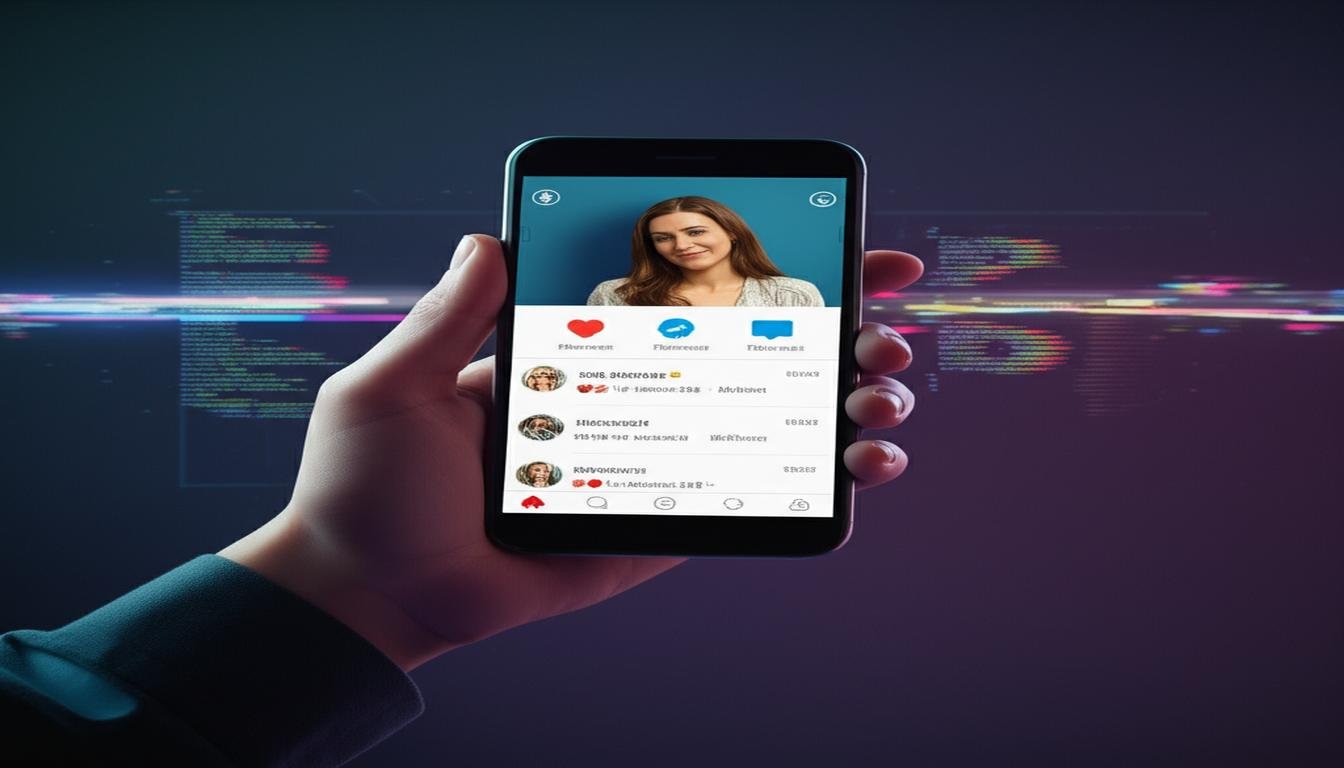Imagine a world where technology could be both a hero and a villain. Artificial intelligence has grown from simple tools to complex systems changing industries.
AI’s fast growth shows a huge tech leap. It’s now in our phones and cars, changing how we live and work.
Today, our world uses smart systems that learn and act on their own. Knowing about these technologies is key to understanding our world.
Table of Contents
Key Takeaways
- AI technologies are transforming multiple global sectors
- Rapid technological advancement brings unprecedented opportunities
- Critical understanding of AI’s potentials is crucial
- Both benefits and risks require careful evaluation
- Technological literacy is becoming increasingly important
Understanding the Evolution of Artificial Intelligence
The future of AI has changed a lot. It has moved from simple digital helpers to advanced technologies. Artificial intelligence has grown a lot, making machines do more than ever before.
The impact of AI is huge. It has changed how we use technology. AI has grown from simple systems to today’s complex neural networks. It’s now a big part of our digital world.
The Remarkable AI Journey
AI’s growth can be seen in several stages:
- 1950s: The start of thinking about smart machines
- 1980s: The use of expert systems and rules
- 2000s: Big steps in machine learning
- 2010s: Advances in deep learning and neural networks
- 2020s: The rise of large language models and generative AI
Key Technological Milestones
Important breakthroughs have shaped AI’s path. Natural language processing, computer vision, and self-driving systems are key. They have made AI much more powerful.
Current State of AI Technology
Today’s AI is very complex. We see self-driving cars, smart virtual helpers, and predictive tools. These show how far AI has come.
AI is not just a technology, it’s a transformative force reshaping our world. – AI Research Collective
AI is always getting better. It keeps breaking new ground, promising even smarter systems in the future.
Benefits and Risks of AI in Modern Society
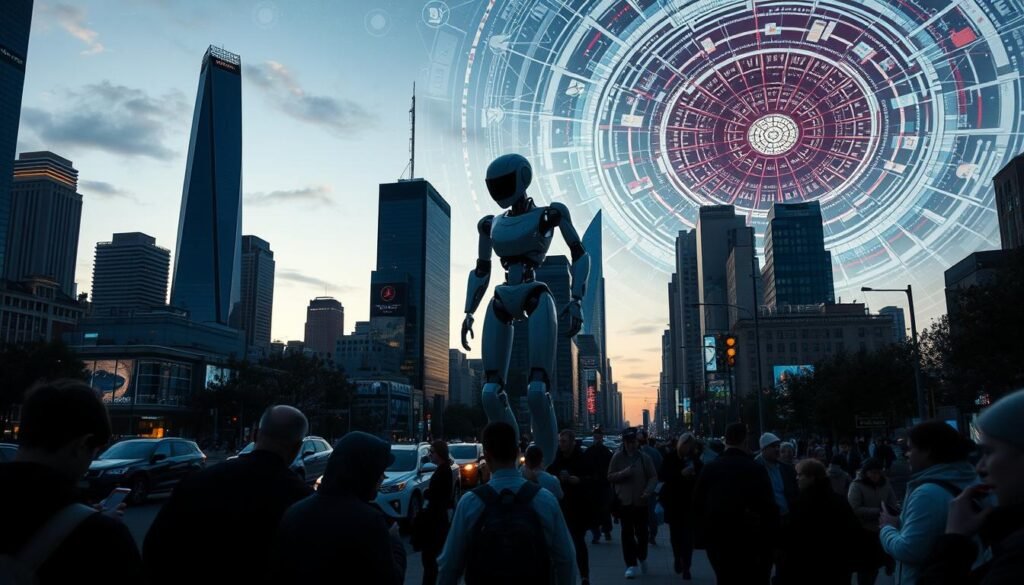
Artificial intelligence is changing our world fast. It brings both great chances and big challenges. AI affects almost every part of our lives, from gadgets to big industrial systems.
AI is opening new doors in many areas, leading to big leaps in innovation and efficiency. Companies use AI to make their work smoother, make better choices, and create new, amazing products.
- Improved operational efficiency
- Enhanced data analysis capabilities
- Personalized customer experiences
- Advanced problem-solving techniques
But, AI also brings big challenges. There are worries about privacy, jobs being lost, and ethical issues. These problems make it hard to use AI wisely.
| AI Opportunities | AI Challenges |
|---|---|
| Automation of repetitive tasks | Potential workforce disruption |
| Advanced predictive analytics | Data privacy risks |
| Personalized technology solutions | Ethical implementation concerns |
Companies need to be smart about using AI. They must find ways to use AI’s good points while avoiding its bad sides. Strategic implementation and constant checks are key to using AI right.
AI is not about replacing humans, but making human work better. – Tech Innovation Expert
Getting AI right means we must keep learning and be ready to change. As AI gets better, we need to find new ways to use it wisely and well.
Also Read: AI Poses Threats and Opportunities to Humans
AI’s Impact on Healthcare and Medical Advancements
Artificial intelligence is changing healthcare fast and accurately. It’s bringing new solutions to old problems. This is a big change for medical practices.
AI is making a huge difference in medical technology. It helps doctors and researchers work better. They can now find and treat diseases more easily.
Enhanced Disease Detection and Diagnosis
AI tools are changing how we find diseases early. They can:
- Look at medical images very well
- See things doctors might miss
- Quickly check for complex diseases
Personalized Treatment Plans
AI is making personalized medicine better. Intelligent algorithms help make plans just for you by:
- Looking at your genes
- Guessing how you’ll react to treatments
- Offering the best treatment options
Medical Research and Drug Development
AI is changing medical research a lot. It helps find new drugs faster and cheaper. This makes treatments better.
AI is not replacing human medical expertise, but dramatically enhances our ability to diagnose, treat, and prevent diseases. – Dr. Eric Topol, Digital Medicine Researcher
These changes are exciting, but doctors are careful. They make sure AI is used right and safely.
Revolutionizing Business and Industry

Artificial intelligence is changing the business world in big ways. It’s opening up new chances for growth in many fields. Companies are using AI to innovate, make things more efficient, and get ahead of the competition.
The good and bad sides of AI are clear in business. Companies are seeing big changes thanks to AI. It’s making things more productive and helping with making better decisions.
- Automated customer service interactions
- Predictive analytics for strategic planning
- Enhanced supply chain optimization
- Intelligent data processing and insights
AI is helping businesses in many ways:
- Lowering costs
- Boosting efficiency
- Creating unique customer experiences
- Helping make smart, data-based decisions
Financial services, manufacturing, retail, and healthcare are seeing the biggest changes from AI. These areas are using machine learning to guess market trends, improve production, and come up with new services.
AI is not just a technology upgrade—it’s a fundamental reimagining of how businesses operate and compete in the global marketplace.
While AI offers great chances, businesses face challenges too. They need to train workers, think about ethics, and manage the tech well. These are key to using AI successfully.
AI in Education and Learning Systems
Artificial intelligence is changing education, making learning environments more dynamic. It adapts to each student’s needs. This is a big step forward in making learning personal and improving how schools work.
AI is changing how students learn and teachers teach. It uses advanced algorithms and machine learning. This opens up new ways to improve learning experiences.
Personalized Learning Experiences
AI platforms can now tailor learning paths for students. They look at:
- Individual learning styles
- Performance metrics
- Knowledge gaps
- Personal progress rates
This personalization helps students get the right support at the right time. It helps avoid big problems before they start.
Educational Assessment and Analytics
AI is changing how we assess students. It gives deeper insights into how well students are doing. This helps with:
- Real-time tracking
- Predictive learning outcomes
- Finding skill gaps
AI doesn’t replace teachers; it empowers them with unprecedented insights and tools. – EdTech Research Institute
Teacher Support and Administrative Efficiency
AI helps teachers by taking care of routine tasks. This lets them spend more time with students. It makes grading, scheduling, and planning easier.
But, schools must use AI wisely. They should make sure technology doesn’t replace the importance of human connection in learning.
The Dark Side: AI Security Concerns
Artificial intelligence brings up complex security issues that need close look. It has both benefits and dangers, making a mix of tech possibilities and risks. AI touches on digital safety and protecting society in big ways.
Cybersecurity experts point out several main AI security worries:
- Advanced persistent cyber threats
- Sophisticated social engineering attacks
- Potential misuse of machine learning algorithms
- Privacy vulnerability exploitation
Deepfake technology is a big AI security risk. It can make fake media that looks real, hurting people and institutions a lot.
| AI Security Risk | Potential Impact | Mitigation Strategy |
|---|---|---|
| Deepfake Manipulation | Reputation damage | Advanced detection algorithms |
| Automated Cyberattacks | Large-scale system breaches | AI-powered defensive systems |
| Privacy Violations | Personal data exposure | Robust encryption techniques |
Experts are working on smart ways to fight these AI threats. Proactive security frameworks are being made to stop AI attacks early.
The future of AI security lies in our ability to develop intelligent, adaptive protection mechanisms. – Cybersecurity Research Institute
Knowing these risks helps us use AI wisely. We can innovate while being careful and responsible.
Social and Ethical Implications of AI
Artificial intelligence is changing our world in big ways. It brings up important social and ethical issues that need careful thought. As AI gets better, it touches on basic human values, making complex moral issues.
The fast growth of AI ethics offers both great chances and big challenges for society. Experts and tech people are working hard to make AI that respects human dignity and helps society.
Privacy and Data Protection Challenges
AI systems raise big privacy worries because they handle lots of personal data. The good and bad sides of AI are clear in how it deals with data:
- Potential unauthorized data collection
- Risk of personal information misuse
- Complexity of digital consent mechanisms
Confronting Algorithmic Bias
Algorithmic bias is a big problem in AI. Machine learning systems can unknowingly keep old biases alive. This can unfairly treat certain groups because of hidden patterns in the code.
Transforming Human Interactions
AI is changing how we interact with each other. From digital helpers to suggestions, these techs play big roles in our lives. They make us wonder about real connections and true feelings.
The true measure of AI’s success lies not in its technological complexity, but in its ability to enhance human dignity.
AI’s Role in Job Market Transformation
The most successful workers will be those who can work well with AI technologies. – Tech Innovation Report
Environmental Impact and Sustainability
Innovative AI Solutions for Climate Protection
AI is not just a technological tool, but a game-changer in our fight against climate change. – Environmental Technology Research Institute
Future Challenges and Potentials Threats
The greatest challenge is not creating intelligent machines, but ensuring they align with human values and goals. – AI Ethics Expert
Regulatory Framework and Governance
AI governance is about creating a framework that allows technological innovation while protecting fundamental human rights and societal values. – AI Policy Expert
Global Competition and AI Arms Race
The nation that leads in AI will likely shape the technological landscape for decades to come. – Tech Innovation Experts









